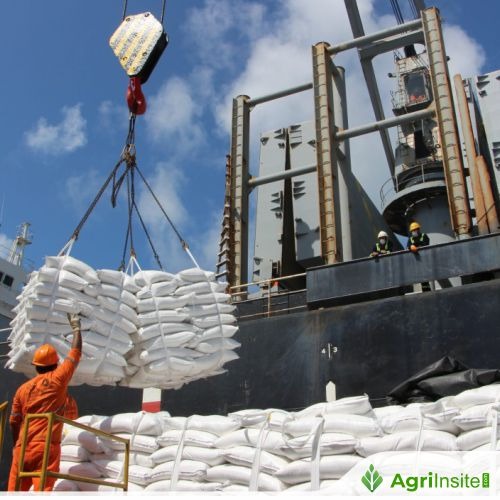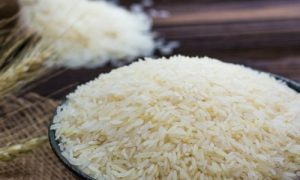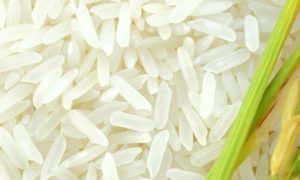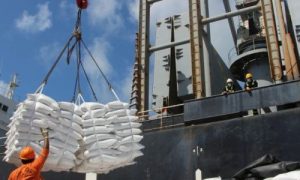Japan resists US pressure on rice imports amid domestic shortage

Japan reaffirmed its stance on protecting domestic agriculture amid U.S. pressure to increase American rice imports. Despite a rice shortage and soaring prices due to poor 2023 yields, Tokyo expedited tariff-free rice tenders, including 25,541 tons from the U.S. However, Japan insists it won’t sacrifice its farm sector, maintaining high over-quota tariffs under WTO guidelines.
Japan’s chief government spokesperson stated on Tuesday that the nation would not compromise its agricultural sector during tariff discussions with the United States, according to a Reuters report.
This declaration followed US President Donald Trump’s criticism regarding Japan’s lack of American rice imports.
On social media, Trump criticised Japan’s unwillingness to import American rice, stating that countries have become “spoiled” by the US.
Trump wrote on Truth Social:
I have great respect for Japan, they won’t take our RICE, and yet they have a massive rice shortage.
Adverse weather impacts domestic yields
Japan’s agricultural sector is currently facing a significant challenge, marked by a dramatic doubling in domestic rice prices.
The surge in rice prices is primarily attributed to a confluence of factors, with the most impactful being the severe weather conditions experienced during the 2023 harvest season.
Adverse weather patterns led to a notably poor-quality rice yield, which subsequently created a substantial shortage in the market throughout the past year.
In response to this escalating crisis and the resulting economic strain on consumers and businesses, the Japanese government had taken decisive action.
Since March, authorities have initiated an unprecedented release of nearly their entire strategic reserve of emergency rice.
This critical intervention aims to inject a significant supply of rice into the market, with the overarching goal of alleviating the upward pressure on prices and ultimately stabilising the cost of this staple food for the Japanese population.
The effectiveness of these measures in fully restoring market equilibrium and bringing prices back to pre-crisis levels remains a key area of focus for the government and agricultural stakeholders.
Import policy
Chief Cabinet Secretary Yoshimasa Hayashi told a press conference: We are not thinking about doing anything that would sacrifice the farm sector.
Farm Minister Shinjiro Koizumi and Hayashi both refrained from directly addressing Trump’s post.
Koizumi stated in a separate press conference that his ministry would continue collaborating with various other ministries to prioritise Japan’s national interests.
Japan’s rice import policy operates under specific regulations established within the World Trade Organization (WTO) framework, designed to balance domestic agricultural protection with international trade commitments.
A key component of this policy is the “minimum access” agreement.
Under this agreement, Japan permits a tariff-free import quota of 770,000 tons of rice annually.
This significant volume allows a certain degree of foreign rice to enter the Japanese market without incurring import duties, aiming to ensure market access for exporting countries as per WTO principles.
Within this overall tariff-free quota, a specific allowance is made for “staple rice,” which is typically used for direct consumption. Up to 100,000 tons of the 770,000-ton quota is specifically designated for staple rice.
This sub-quota acknowledges the sensitivity of staple food production for domestic food security and agricultural livelihoods.
Rice imports exceeding the 770,000-ton tariff-free quota face a substantial 341 yen ($2.37) per kilogramme tariff.
This high over-quota tariff protects domestic rice farmers, regulating the market and reflecting a “tariff-rate quota” system.
Tender
Meanwhile, the government had expedited a tender for the initial 30,000 tons of tariff-free staple rice imports planned for this year.
This action, taken earlier than the typical September auction, is part of ongoing efforts to reduce domestic prices.
Applications for the tender, held on June 27, totaled 81,853 tons, almost triple the amount auctioned.
Of the total applications, the US contributed 25,541 tons, Australia 1,500 tons, and Thailand 708 tons.
To Read more about Rice News continue reading Agriinsite.com
Source : Invezz














